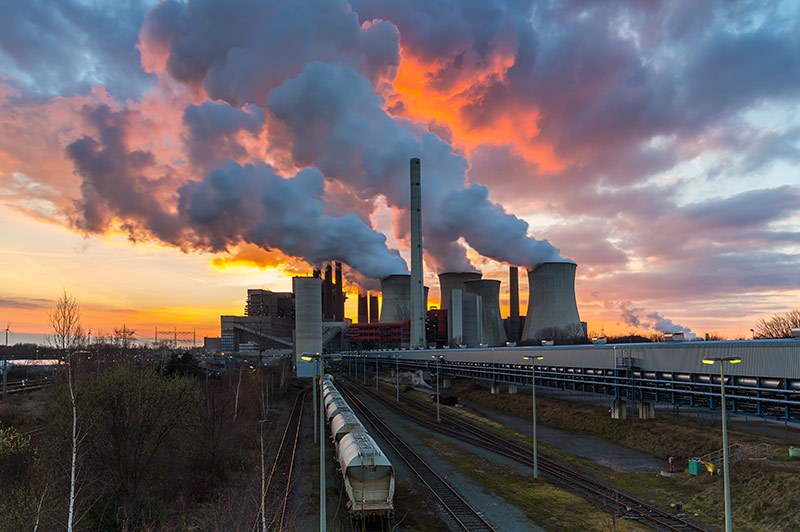Carbon pricing
March 17, 2017 | Expert Insights

Polluters should pay for CO2 emissions
Germany will use its G20 Presidency to nudge world leaders towards a global price on carbon, according to its director general of energy policy. German government was preparing research that would reveal that business is showing huge support for a transition towards a low carbon economy. It will be presented at the G20 in Hamburg in July, when climate change and sustainable development will be among a handful of major themes.
Why Present it at the G20?
G20 is the central forum for international cooperation on economic issues. Its member countries account for three-quarters of global trade, and house almost two-thirds of the world’s population. All G20 members in Paris in 2015 had committed to keep global warming significantly below 2°C and to pursue the UN’s global goals for sustainable development.
What are the Challenges?
If renewable sources got cheaper, the market would respond by dropping the coal price even more. This may make payment for CO2 emissions feasible, defeating the purpose of reducing carbon emissions. US support in this regard may not be unanimous as some of President Trump’s advisers have argued that any carbon price should be fixed at zero to reflect the benefits of fossil fuels. The US Congress has resisted a federal carbon tax until now.
Assessment
The fundamental fact that polluters should pay for contributing to pollution is of no debate. The primary focus at the G20 will be to find a mechanism for carbon pricing. Secretary of State James Baker proposed to scrap most of President Obama’s climate policies in exchange for a rising carbon tax starting at $40 per ton. However, carbon tax is just one of many measures to achieve climate goals.








Comments